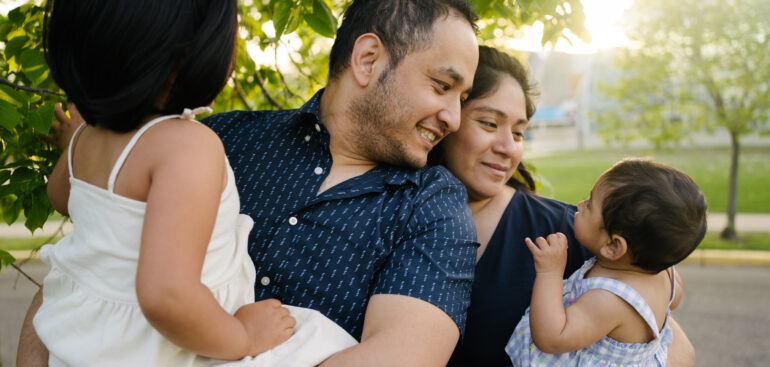In this Boletin, we provide: Definitions for mis, dis, and mal information Descriptions of how mis, dis, and malinformation impacted Latin@ communities and prevented access to life-saving services during the COVID-19 pandemic Tips for what individuals can do when they come across mis, dis, and malinformation in their networks. From our […]
As part of our work to mobilize Latin@s to end gender-based violence, Esperanza United (formerly Casa de Esperanza) convenes interdisciplinary and diverse groups of researchers, community advocates, attorneys, survivors, psychologists, and policy experts to identify and help address the most pressing issues facing our communities. In 2019, we brought together our […]
This report outlines the unique challenges that Latin@ survivors face when looking for housing, strategies on how to address this need, and recommendations for service providers. In 2015, the Latin@ population in the United States reached 57 million, with almost half (47%) living in suburban and rural areas. Latin@s are not […]


